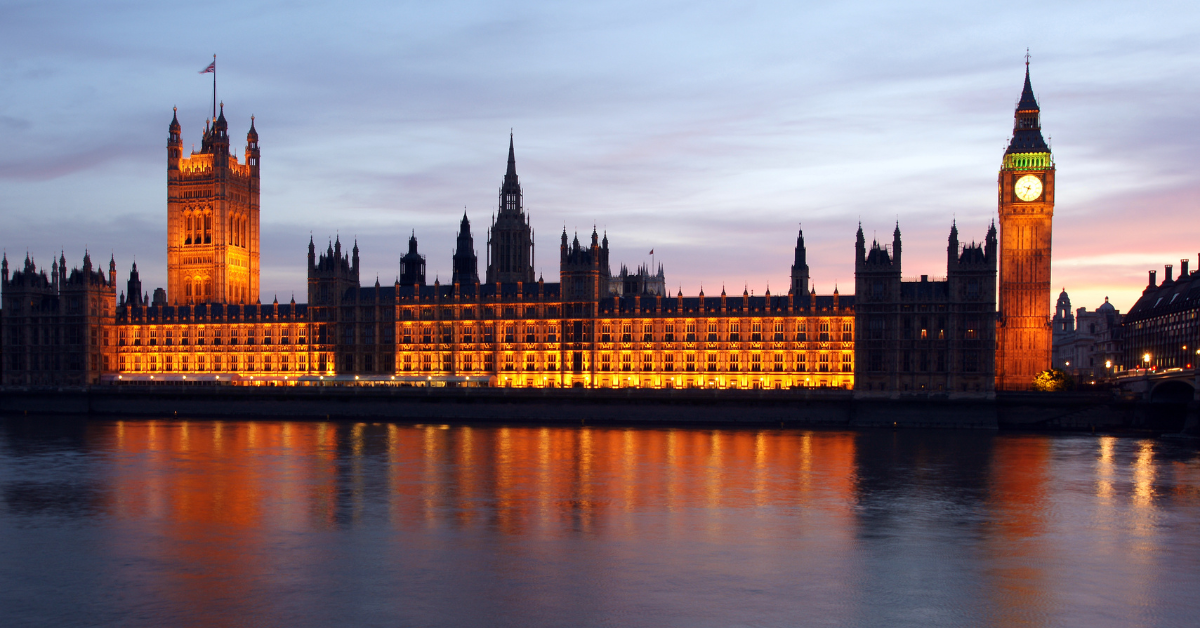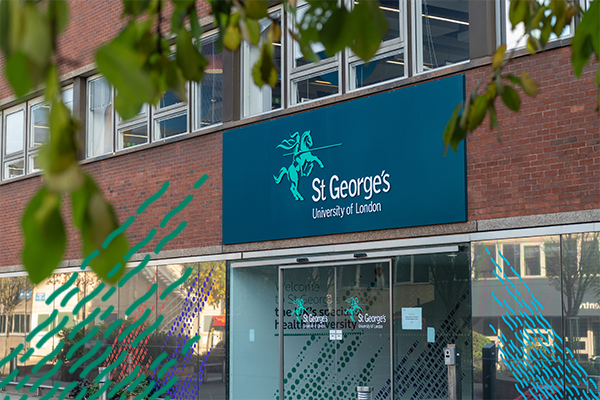‘Higher education is in crisis’. Reading the runes of the Labour Party General Election Manifesto
Following the release of the Labour Party manifesto, Alistair Jarvis, Pro Vice-Chancellor (Partnerships and Governance) at the University of London, shares a personal view of what this means for universities.

Let’s start with an honest assessment of where we are politically. The latest opinion polling makes clear that universities are not a priority for the voting public.
New opinion polling by Public First in early June 2024 highlighted that the top 4 policy issues for UK voters at this election are: (Q: What will most influence your vote?)
1) the economy
2) the NHS
3) immigration
4) taxation levels
Other polls support these findings. It’s clear that much of the policy debate in recent weeks has been focussed on this big four. Education doesn’t rank that highly as a voter priority. Even when focussed on education priorities, the Public First polling showed support for prioritising schools and apprenticeships ahead of higher education.
Even more starkly, the Public First polling shows that there is little political or public support for a significant tuition fee rise or for significantly more direct public funding for universities. With a tight fiscal position, universities are unlikely to be the priority focus for major new investment. Labour would likely prioritise new funding for early years provision and more teachers in schools – both the subject of high-profile manifesto pledges. Additionally, colleges and apprenticeships are all likely to be of higher priority than universities.
There is little chance of a Labour government ‘riding to the rescue’ with a generous new HE funding policy in the near future. However, this certainly doesn’t mean that there won’t be funding intervention or significant policy changes that impact universities.
On Thursday 13th June the Labour Party published its General Election manifesto. The manifesto is a political tool, to give the voting public a sense of the political priorities and policy direction of a Labour Government. It is not a detailed blueprint for government; however, it does provide a decent sense of what a Labour Government would focus on in its early years in power.
So what does the manifesto say about universities? Are the early Higher Education policy priorities for a Labour government becoming clearer? Reading the runes of the Labour manifesto, my initial take is as follows.
1. Labour is very clear that education is about social mobility. ‘Labour will transform our education system so that young people get the opportunities they deserve.’ Labour are ambitious about driving change in the significant change across the education sector, with a focus on opportunity. All of the education policy commitments are in a section of the manifesto titled ’Breaking down barriers to opportunity’.
2. The first mention of higher education is a short but stark statement ‘Higher education is in crisis’. This is not a statement that an incoming government makes unless it is planning to drive change. They are clear that they see a major problem that needs fixing. We will certainly see signficant policy interventions in higher education.
3. ‘Skills shortages are widespread. Young people have been left without the opportunities they need. The result is an economy without the necessary skills, nor any plan for the skills needs of the future. Labour will address this by bringing forward a comprehensive strategy for post‐16 education.’ This is a strong hint that we will see a major tertiary education review in the first term of a Labour government. My guess is that this will be launched alongside a spending review in 2025. In terms of the purpose of Higher Education, the manifesto is consistent on two pillars – driving opportunity and driving the economy.
4. ‘Labour will continue to support the aspiration of every person who meets the requirements and wants to go to university.’ This seems to kill off any suggestion that Labour would impose an overall cap on student numbers.
5. ‘We recognise that UK higher education creates opportunity, is a world-leading sector in our economy, and supports local communities. To better integrate further and higher education, and ensure high-quality teaching, Labour’s post-16 skills strategy will set out the role for different providers, and how students can move between institutions, as well as strengthening regulation. We will act to improve access to universities and raise teaching standards.’ There are a lot of policy priorities in this short paragraph! It makes clear that we will see new policy interventions to improve access to higher education. It suggests that Labour are not convinced that the TEF, the OfS or universities themselves have done enough to raise teaching standards. Expect a rethink, some new ideas, and changes here. The comments on HE and FE integration could be interpreted as an interesting considering the new Welsh regulatory and funding model for England – a tertiary education agency introduced by the Welsh Labour government. The comment on ‘strengthening regulation’ suggests that Labour are not convinced that the current OfS regulatory regime is working. Expect further regulatory change.
6. ‘The current higher education funding settlement does not work for the taxpayer, universities, staff, or students. Labour will act to create a secure future for higher education and the opportunities it creates across the UK.’ Labour could not be clearer that they plan to act to change the higher education funding settlement, albeit there are no specific proposals included in the manifesto. They are clear that they do not believe the current funding position is sustainable and therefore they must act. This suggests that a new Labour government would look at higher education funding policy in their first term, probably as part of a major review. My best guess is that we may see some early interventions at the autumn 2024 budget, before a more comprehensive policy review linked to the 2025 spending review.
7. ‘We will work with universities to deliver for students and our economy.’ The language of working with universities is refreshing. This suggests a partnership approach between government and universities. A less hostile tone than we have seen from recent government ministers.
8. The manifesto also mentions research. There are commitments to ‘create a National Data Library to bring together existing research programmes and help deliver data-driven public services, whilst maintaining strong safeguards and ensuring all of the public benefit.’ There is a welcome commitment to a more long-term approach to research funding. ‘Labour will scrap short funding cycles for key R&D institutions in favour of ten-year budgets that allow meaningful partnerships with industry to keep the UK at the forefront of global innovation.’
9. The important role of universities in innovation and business growth is also acknowledged. ‘We will work with universities to support spinouts; and work with industry to ensure start-ups have the access to finance they need to grow.’ This is a good example of the positive tone that Labour have taken throughout the manifesto about universities and their important role in the economy and society.
10. There is no direct mention of visa policy in reaction to international students, however, the link between skills and immigration is a prominent theme. Including this commitment: ‘We will strengthen the Migration Advisory Committee, and establish a framework for joint working with skills bodies across the UK, the Industrial Strategy Council and the Department for Work and Pensions.‘
11. Overall, there is a focus on being a ‘mission-driven government’ with mission four (of five) squarely sitting with the education sector. ‘Break down barriers to opportunity by reforming our childcare and education systems, to make sure there is no class ceiling on the ambitions of young people in Britain.’
In summary, the university sector should brace itself for policy, regulatory and funding change in the years ahead. I am hopeful that much of this could bring positive change.
Related Blogs



